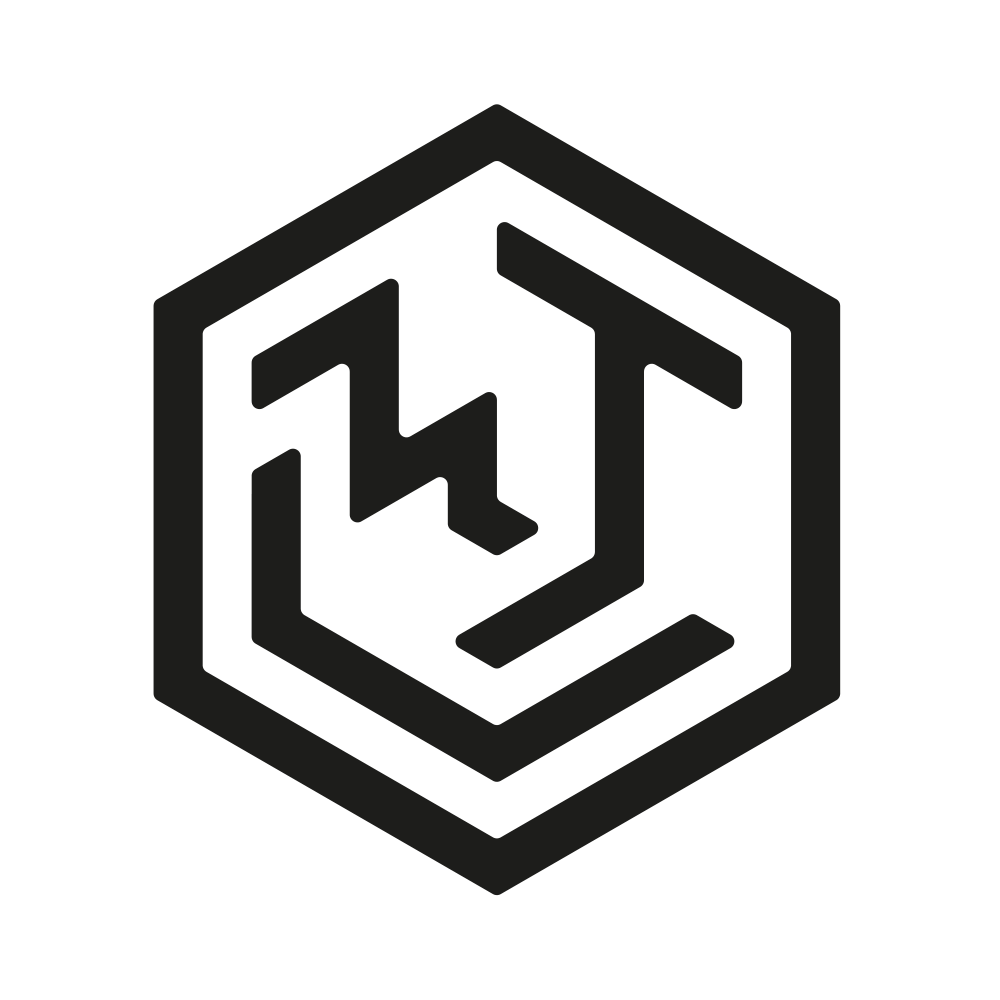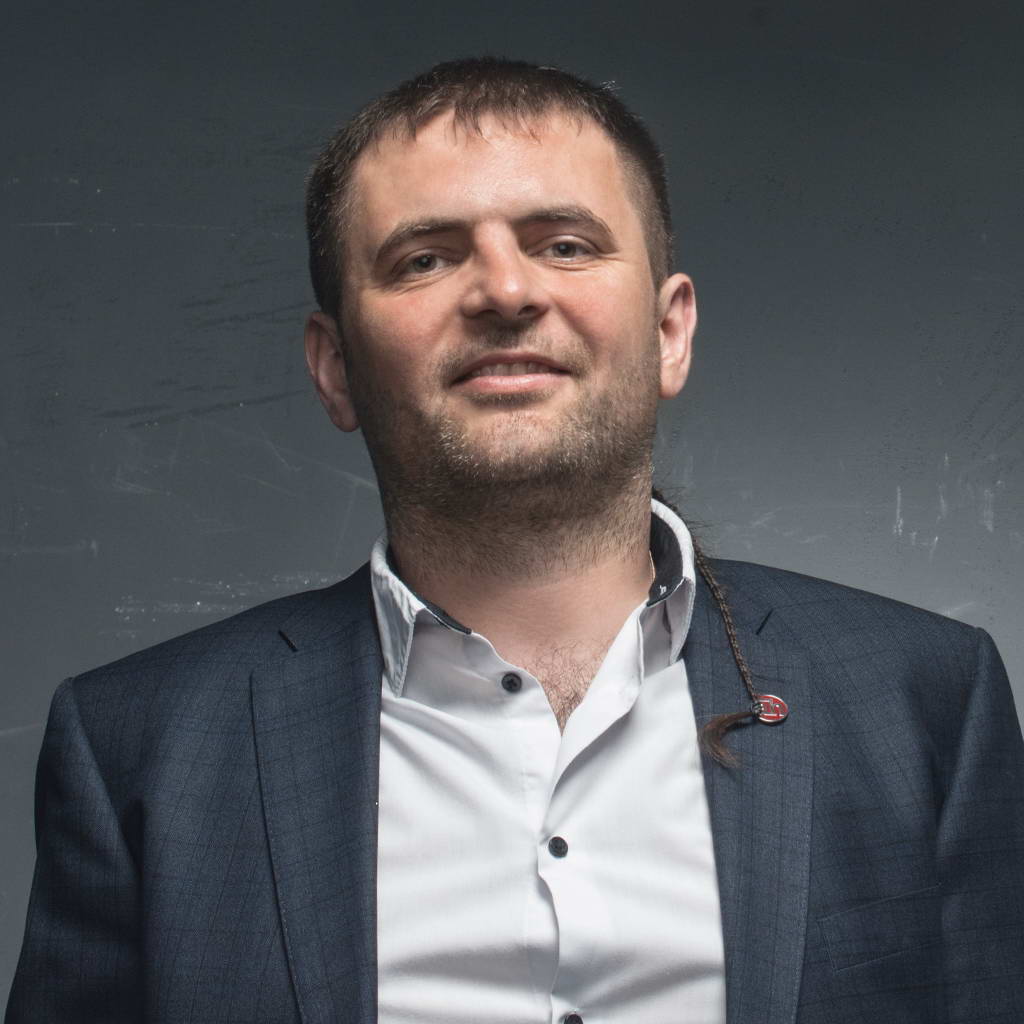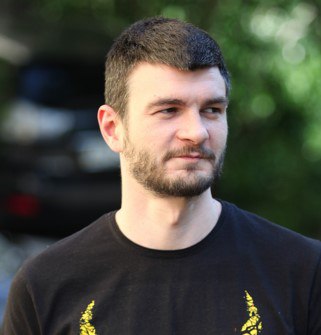Wow is now expensive
What conclusions should be drawn from the first wave of coronavirus by marketers
Naturally, we received a dose of "business immunity" in the form of a huge experience. The second wave, if it happens, will be without the effect of complete unpredictability. Now we can predict what is happening. Now it is important to learn all the lessons of the first wave because you need to learn not only from your mistakes but also from its detailed analysis.
Let's try to understand what experience to pay attention to.
First, thanks to the panicked forerunners, it seemed that the whole market would change beyond recognition, and nature would be so clean that we would wake up in a new economic era. The prospect of waking up in a new universe filled our minds so much that we were happy to get our savings and put them in the quarantine month.
That quarantine seems to be coming to an end. Surprisingly, it turns out that during this time, Elon Musk managed to rivet a working rocket and send a couple of guys with complete disregard for the distance to other guys in self-isolation. And this fact, towards the end of isolation, inspired many and confirmed that the world would no longer be the same.
The world has really become completely new, but only for Elon and his team. Reality is making its edits, and everyone has returned to normal operation, in which a clear coup did not happen. What happened?
There was a dissonance in which expectations exceeded reality. When they returned to work, people did not notice the sharp changes in the world and wanted to make up for a lost time during the quarantine, especially in material terms. Inflated expectations and the dream of a bright future turned out to be a profanation. It's time to work methodically and systematically again, and the supposed hyper-jump hit reality while hitting very hard.
It's all very instructive, but what can it mean for marketing?
Let's try to look through the eyes of an industry worker on how he will feel in the near future. After all, the product of this industry is the thoughts and brains of employees.
Let's look at the Behavioral Economy, which took a million from Nobel in 2017.
There are two persons inside us. One makes a choice, coming up with a plan. The other put this plan into action. The second person, who has to implement the plan, requires motivation from the first. And the task of the first is to set this motivation from the beginning.
Scientists have considered this dilemma on the fitness club example. When you buy a season ticket with a clear plan to get better next year, the other person (who is you also) is not going to attend this fitness club every Monday and requires the motivation, why he needs to get up a particular morning. And as practice shows, only every third season ticket holder comes to training. So the first person often does not have enough arguments.
Here it is necessary to tell that the first completely coped with the task assigned to it: chose, got, and completely realized the function. At the same time, the second person only has to implement this task, which requires a new involvement.
Let's go back to 2020. The first person inside us made a long-suffering purchase — a season ticket for the second half of the year, bought it for big money, taken from the savings, and now it's time to use this season ticket. And as mentioned above, only one of the three will be able to reach the hall.
We hasten to please: in this case, it is fine. After all, each of us believes that one of the three is him.
And now the second half of 2020 is approaching, and it's time to act actively, our first person has bought a lot of hope, and it's time to motivate the second to daily action. And if many motivational programs have been developed with fitness, then outside the gym, we will face the following:
● Any gap between expectations and reality can lead to frustration and creative depression. A three-month race into the unknown plus the information background, which dictates a complete change of the world, in the absence of these same changes, forms a depressive state, simply put, a deep disappointment.
● Information vacuum. We are used to dynamic information. Today, the extinction of the virus, like a reactor that can be idled but extremely difficult to stop. Every day, the information background suddenly ceases to be significant. You have to return to their products, which are often less interesting and do not cause a flow of attraction and emotion.
For example, it is much easier to discuss the country's closure than the uniqueness of the new sneakers. "Wow" much more expensive. It becomes more difficult to surprise and, therefore, more valuable.
● We are used to speeding. For three months, the situation has been updated every day, and we are involved in the dynamics and want to transfer it to our products. We want faster and stronger.
● There will be no quick money. Nothing has changed dramatically, new markets have not opened, so you need to return to your transmission, moving to it from higher speeds.
● Don't panic: if you suddenly realize that you are one of the two who are not going to use the season ticket, do not despair. Everything will be fine.
What shall we do?
● Raise discarded marketing plans and look at them again. Maybe they weren't so wrong.
● There will be no quick money to prepare for, and everything you put into the "new rails" may not pay off, and these rails need to be put back in place.
● Find a good connection between reality and dreams because the world has not changed exactly as we wanted.
Sometimes, it seems, that the second wave of quarantine is largely produced by people who can not cope with all these factors. In a state of creative depression, I really want to "save" and continue procrastination, maintaining uncertainty. But it's time to quarantine, if not physically, then the brains, for sure.














